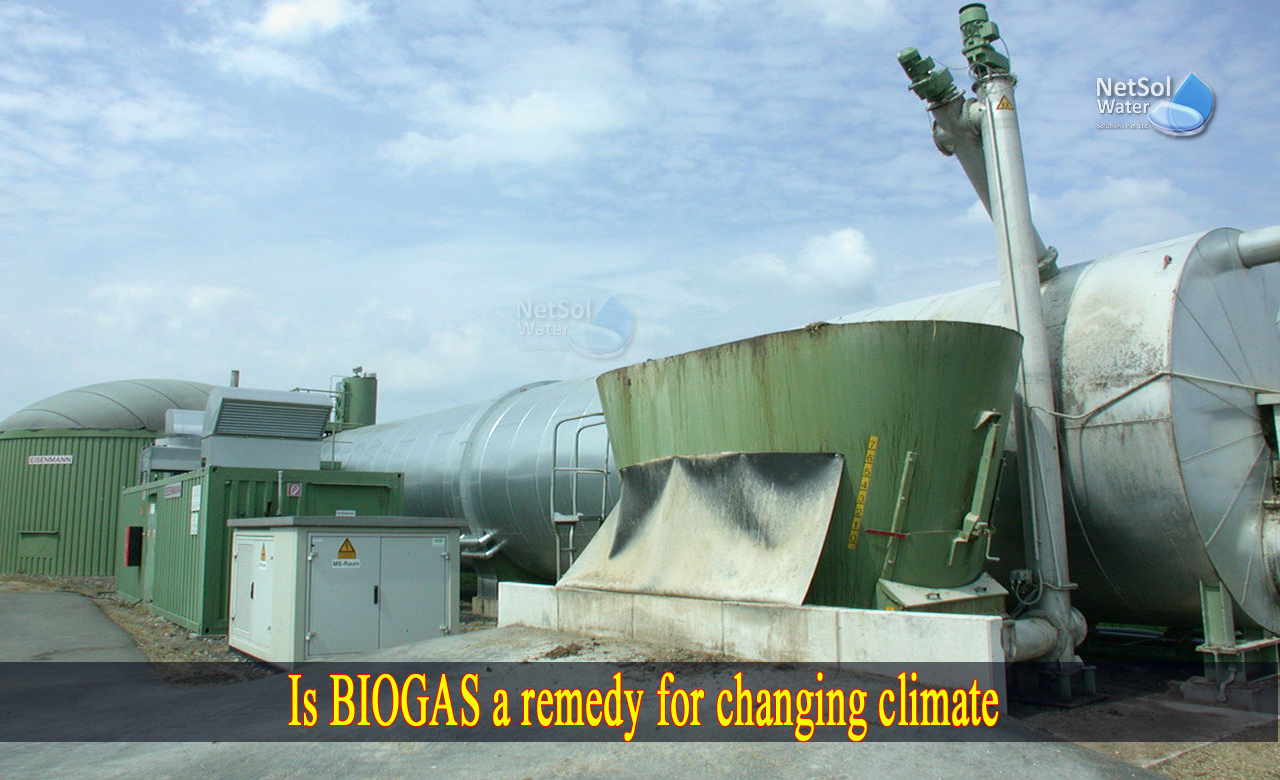Introduction
Decreased global emissions of greenhouse gas compounds have come under increasing international attention. Netsol’s Domestic Food Waste Recyclers, a novel food waste treatment system, to produce fertilizer, is an important emerging breakthrough. We may use this fertilizer to battle and mitigate climate change by using food waste as nutrient for soil and thus decrease the transport of leftover food to landfills, minimizing methane emissions. Food waste also produces biogas which can be used as a source of fuel for generating electricity.
Sources of the organic waste
Biodegradable wastes are ubiquitous and never-ending because they result from a variety of human, social and economic activities. Such wastes include sewage slime from wastewater treatment, as well as food waste from residences, eateries, stores, food providers, animal husbandry and manure, farming, crop development and food production. Despite the fact that these wastes decompose and release methane, they can be recycled using a food waste treatment system to produce renewable energy that can be used locally or transported into larger networks.
Is BIOGAS a remedy for changing climate?
Since biogas is carbon neutral, it qualifies as renewable energy and a practical countermeasure to global warming. Different organic materials are broken down by bacteria in an anaerobic environment, to produce biogas.
The following are the primary components of biogas:
· Waste from agriculture
· Manure
· Water/wastewater treatment plant sewage sludge
· Food which is wasted
These substances decompose into CO2 and methane, greenhouse gases with a potential to significantly contribute to global warming. Therefore, the methane and CO2 consumed during the growth are recycled and transformed into useful and clean energy. This biogas is a carbon-free energy source.
What are the advantages of using Biogas?
· Replaces the usage of fossil fuels
Coal, natural gas and petroleum products are the primary sources of heat and electricity globally. As a result of using the energy produced, 25 percent of all anthropogenic GHG emissions are carbon dioxide emissions. Organic materials replace petroleum goods and generate biogas from food waste, which generates sustainable power and reduces carbon dioxide emissions by completing the carbon cycle.
· Fewer landfills are needed
Despite the fact that towns and nations are collecting organic waste separately, landfills worldwide still produce 700 million tonnes of methane annually. Redirecting organic waste to AD and extracting landfill gas from both open and closed landfills will result in decreased discharges, the use of nutrients through digestate and the production of biogas for energy.
· Reducing indoor air pollution
Indoor air pollution is thought to be responsible for the suffering of 1.6 million people worldwide. The use of firewood, crop waste, dried animal dung and crop residue as domestic fuel is a major contributor to this. In addition, using wood contributes significantly to deforestation, which increases greenhouse gas emissions. Thus, using biogas as a fuel for the stove can reduce indoor air pollution and stop deforestation.
· Preserving ecology
In the agriculture industry, farmers are becoming more concerned about preserving the local ecology and soil. To transition to a carbon-neutral business and to slow global warming, they are embracing sustainable agricultural practices. In terms of a circular economy and lower greenhouse gas emissions, biogas presents a variety of opportunities for farms. You can sell this renewable energy to get extra money because the biogas your farm produces can be used to heat or light the buildings. Synthetic fertilizers can be effectively replaced by the nutrient-rich digestate.
Conclusion
Waste is not well managed in many nations, including India. In addition to being unattractive and harmful to the environment and human health, poor waste management also attracts flies and other pests. Netsol’s food waste treatment systems in India provides a more environmentally friendly alternative to landfill disposal, recovers resources and occupies less area. As a result, it complies with SWM-2016 regulations and aids in managing food waste in India.
Consequently, biogas is a very adaptable type of energy production. It can be upgraded to become a transport fuel and utilized to provide base load power, satisfy high demand and offer low-carbon heat. Thus, the production of biogas lowers the carbon footprint of organic waste, contributes to the fight against global warming and promotes sustainable development.



